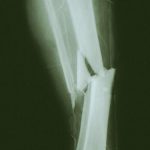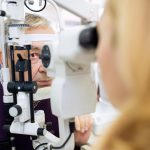
Mindfulness is a centuries-old practice that’s become trendy in recent years — and a new study now says it can help your heart health. Training in mindfulness can help people better manage their high blood pressure by helping them stick to healthy lifestyle changes, a new clinical trial reports. An eight-week customized mindfulness program helped people lower their systolic blood pressure by nearly 6 points during a six-month follow-up period, researchers found. That was significantly better than the 1.4-point reduction that occurred in people undergoing usual blood pressure care, researchers said during a presentation Sunday at the American Heart Association’s annual meeting, in Chicago. Such research is considered preliminary until published in a peer-reviewed journal. The results could be relevant to a patient’s health, given that previous studies have found that a 5-point drop in systolic pressure translates to a 10% lower risk of heart attack and stroke, said lead researcher Eric Loucks, director of the Mindfulness Center at Brown University. “If we can train people in mindfulness skills and then apply those skills to people’s relationships with the things that we know influence blood pressure — like physical activity or diet or antihypertensive medication adherence or alcohol consumption — we might be able to boost the effects” of their prescribed blood pressure control plan, Loucks said. For example, in this study participants armed with… read on > read on >


























-300x200.jpg)










